While a family is enrolled at Blue Ridge Therapeutic Wilderness, the primary method of communication between a student and their family is through writing letters. Many families come to find this form of communication enjoyable and rewarding.
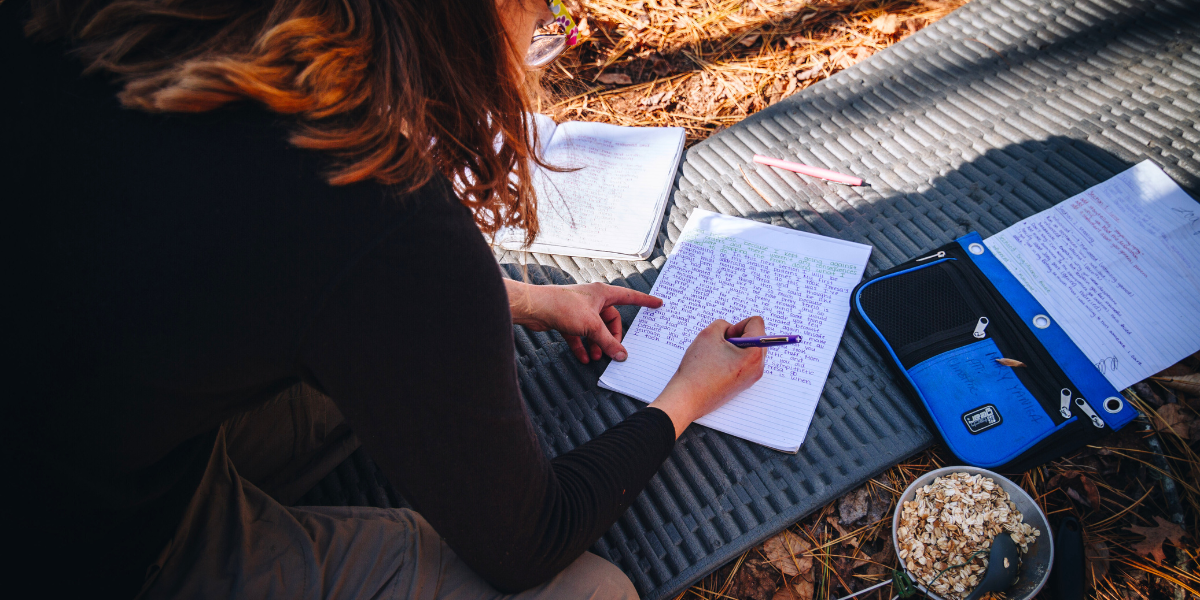
The Power of Letter-Writing in Outdoor Therapy: Strengthening Family Connections Through Reflection and Growth
Sarah James, LPC, LCAS, CAADC
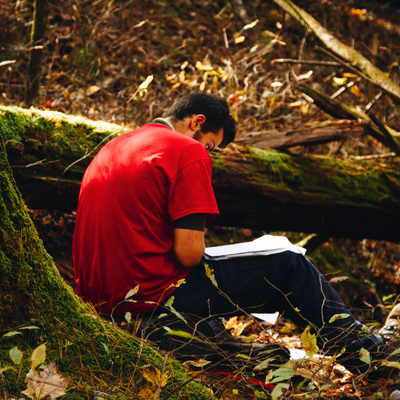
Why Do We Write Letters?
Many families who find themselves in a wilderness therapy setting have come here from a place of crisis–either acute or chronic. Parents have been stuck in a cycle of putting out fires and their teens have been resorting to power struggles and ineffective ways of getting their needs met.
Sometimes, the only thing everyone in the family can agree on is that they don’t like the current status quo. Usually various family members have been trying to change things for years, to no avail.
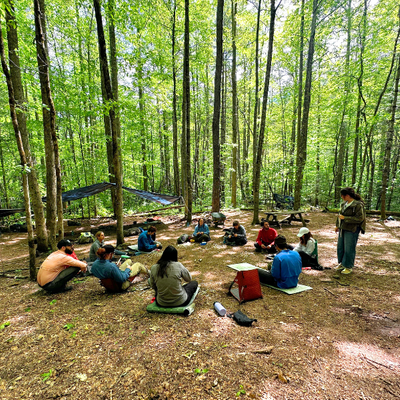
Taking Space
A period of separation is crucial to allow everyone in the family to hit the pause button on the coping patterns and communication cycles that have been tearing them apart. Everyone in the family gets a chance to exhale, take care of themselves, seek support, and regroup. Each person needs time to ground their nervous system and reorient to the values and goals that guide them.
This separation can be challenging for both the parents and the young person. Many families have never gone more than a few hours between points of communication with one another. Hitting the pause button brings the existing patterns into stark contrast and sparks a wide range of emotions: from panic, to guilt, to relief. When attempting to make any change in life, it is often necessary to experience the opposite side of the spectrum in order to achieve a more comfortable and sustainable middle ground.
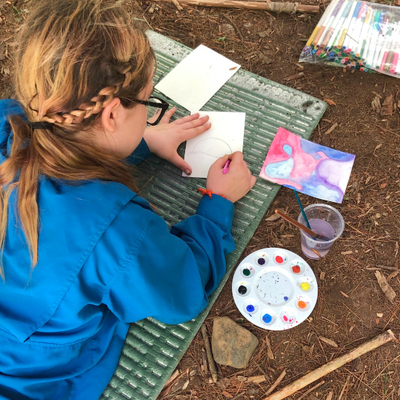
Slowing Down in Nature
Meanwhile, the young person is receiving comprehensive support from peers, qualified field instructors, and expert therapists. They are learning to recognize and work through the emotions they are experiencing. They are receiving coaching and psychoeducation on more effective ways to cope and communicate.
They are being exposed to other young people and families who are at varying stages in the process and can offer guidance and wisdom. Parents are also receiving support to do their own work in parallel with their child. It usually doesn’t take long for growth to start emerging in this environment.
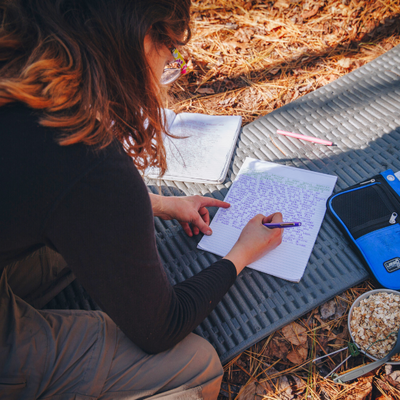
Benefits of Letter-Writing
Slowing down: Writing down your thoughts and ideas allows you the opportunity to be intentional about your communication. When you allow time for your initial emotional reaction to subside, you can respond in a way that is more clear, assertive, and conscious. Writing gives you the chance to edit your thoughts, and to say what you really mean.
Practice new skills: It’s easy to learn a new skill when you are calm, but to totally forget about it when you are in the heat of the moment. In addition to editing out unhelpful communication styles, writing allows opportunities to insert more helpful ones. You can try out something new to see how it lands, and you can repeat the patterns which you want to become habits.
Receive feedback and coaching: In a wilderness therapy program, letters are sent through the Primary Therapist, which allows a professional to observe and provide feedback about the family’s communication patterns. Often our writing sounds one way in our heads, but is received differently by the reader. Having another set of eyes can help correct these misunderstandings. The therapist can also provide insight that allows for increased understanding between the letter-writer and recipient.
Reflective Listening: In real-time communication, it’s difficult to listen to the other person without simultaneously thinking about what we are going to say next. However when the communication is written, the recipient can read the letter multiple times, gleaning different insights each time. You might write something in a letter that you’ve said multiple times in the past, and it can be received differently because the other person has time and additional support people to help them process the content.
Increased honesty and vulnerability: Not having to be present for the recipient’s initial reaction can foster a sense of courage that allows the writer to say things that are tempting to avoid in face-to-face conversations. Think about the teen who is shut-down and quiet at the dinner table but becomes a chatterbox in the car or on a walk. Buffering the communication can provide a sense of safety.
How to Write a Meaningful Letter
Be honest and direct; refrain from blaming. Be vulnerable and open about your own life, taking emotional risks. Use writing as an opportunity to consolidate your thoughts and be open to the possibility that this format might open up new ways of understanding, both for you and for the letter’s recipient.
Be honest and direct; refrain from blaming. Be vulnerable and open about your own life, taking emotional risks. Use writing as an opportunity to consolidate your thoughts and be open to the possibility that this format might open up new ways of understanding, both for you and for the letter’s recipient.
Practice something new. Share your feelings, impressions, thoughts, and beliefs. Try using an “I Feel” statement or practice giving feedback assertively. Resist the urge to lecture. Cut out anything that feels like an old pattern.
Ask open-ended and curious questions. This is especially important when you are feeling the urge to lecture, explain, or justify. Try getting curious about the other person’s emotions, thoughts, and beliefs first.
Role model what you want to see in your loved one’s communication. Tell your loved one what YOU are working on. Share about what you are learning from reading, therapy, coaching, or peer support. Take accountability for past missteps or patterns.
Make statements of love, care, and concern for your loved one. Make these statements as specific as possible, trying to show your loved one that you really see them. Everyone is stepping outside their comfort zone during this process. Affirmation and encouragement are crucial to keeping the motivation alive.
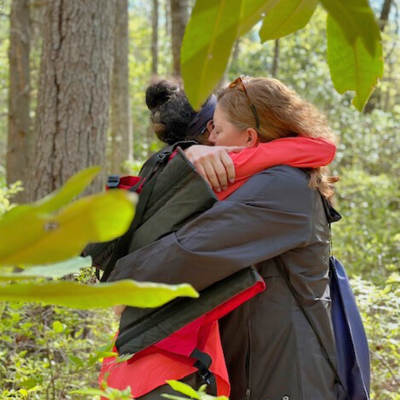
In Conclusion
Letter-writing in wilderness therapy is more than just a means of communication—it’s a powerful tool for healing, reflection, and connection. While it may feel unfamiliar or even uncomfortable at first, families often find that this process fosters deeper understanding, emotional growth, and meaningful change. By embracing honesty, vulnerability, and curiosity in their letters, parents and students alike can create a foundation for healthier communication patterns that extend far beyond the wilderness experience.
Through patience and practice, letter-writing becomes not just a necessity, but a transformative part of the journey toward reconnection and healing.

About Sarah James, LPC, LCAS, CAADC
Sarah is a Primary Therapist for adolescent girls ages 13-18 at Blue Ridge Therapeutic Wilderness.
"My approach is attachment based, trauma informed, and family systems focused. I believe that through a lens of curiosity, we can find the root of most problematic behaviors. I seek to empower adolescents to understand themselves and reevaluate the effectiveness of their choices."
